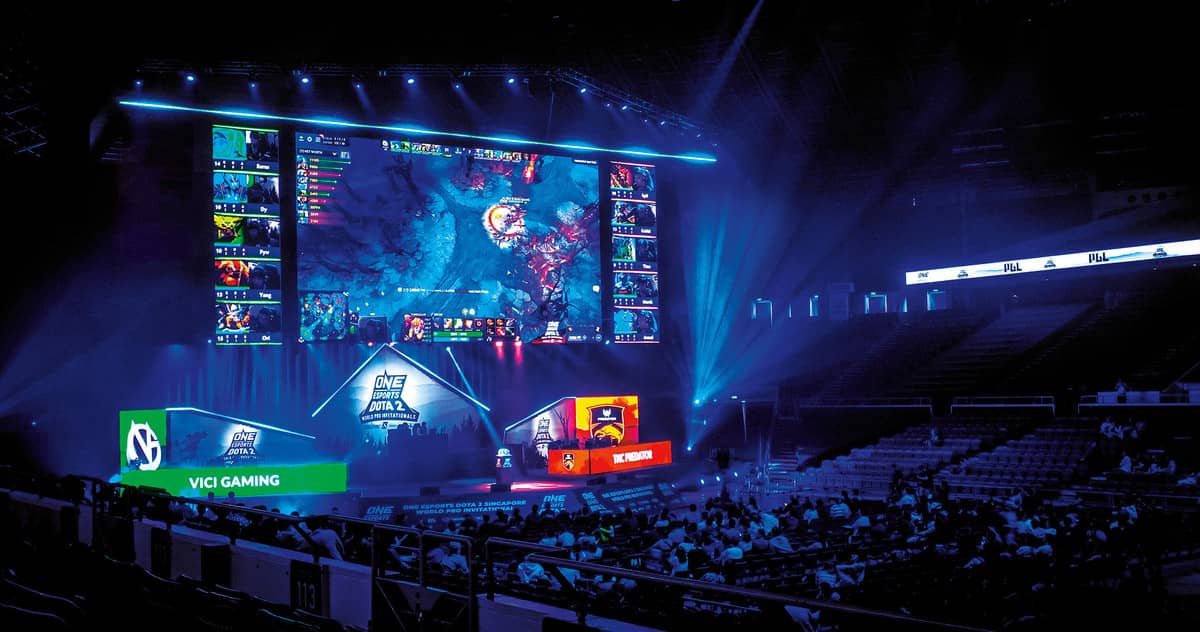Gaming tournaments have gained immense popularity in recent years, attracting both casual gamers and professional esports players. These events provide an excellent opportunity for gamers to showcase their skills, connect with like-minded individuals, and even win prizes. However, organizing a successful gaming tournament requires careful planning and execution. In this comprehensive guide, we will walk you through the essential steps to ensure your gaming tournament is a resounding success.
Table of Contents
- Define Your Goals
- Select the Game
- Budgeting and Funding
- Choose the Format
- Venue Selection
- Equipment and Technical Requirements
- Registration and Promotion
- Rules and Regulations
- Event Schedule
- Staffing and Volunteers
- Sponsors and Partnerships
- Live Streaming and Commentary
- Safety and Security
- Prizes and Rewards
- Post-Event Evaluation
- Conclusion
1. Define Your Goals
Before diving into the logistics of organizing a gaming tournament, it’s crucial to define your goals. Are you aiming to create a small local event, or do you want to host a large-scale international tournament? Are you primarily interested in fostering community engagement, promoting a specific game, or generating revenue? Clearly outlining your objectives will guide your decisions throughout the planning process.
2. Select the Game
Choosing the right game is paramount to the success of your tournament. Consider the popularity of the game, its competitive scene, and the interests of your target audience. It’s essential to select a game that can attract participants and spectators alike. Games like League of Legends, Dota 2, Counter-Strike, and Fortnite are popular choices in the esports world, but the options are vast.
3. Budgeting and Funding
Determine your budget early in the planning process. Consider expenses such as venue rental, equipment, staffing, prizes, marketing, and miscellaneous costs. Seek funding through a combination of registration fees, sponsorship deals, and possibly crowdfunding. Having a well-defined budget will help you make informed decisions and ensure your tournament remains financially viable.
4. Choose the Format
There are various tournament formats to choose from, including single-elimination, double-elimination, round-robin, and Swiss-system. Select a format that suits the size of your event and the preferences of your participants. Make sure to communicate the format clearly to all participants before the tournament begins.
5. Venue Selection
The choice of venue can significantly impact the overall experience of your tournament. Ensure the venue has adequate space, seating, and amenities for both participants and spectators. Additionally, consider factors like accessibility, parking, and proximity to public transportation. Negotiate rental terms and secure the venue well in advance.
6. Equipment and Technical Requirements
To run a successful gaming tournament, you’ll need high-quality gaming PCs or consoles, monitors, peripherals, and a robust internet connection. Verify that all equipment is in good working condition before the event. Have backup equipment on hand in case of technical issues. It’s also crucial to have technical staff or volunteers who can troubleshoot problems promptly.
7. Registration and Promotion
Create an easy-to-use registration system for participants. Utilize online platforms and social media to promote your tournament. Develop eye-catching promotional materials, such as posters, flyers, and social media graphics. Engage with gaming communities, influencers, and gaming websites to generate interest and registrations.
8. Rules and Regulations
Establish clear and comprehensive rules and regulations for your tournament. Rules should cover game-specific guidelines, code of conduct, penalties for rule violations, and dispute resolution procedures. Share these rules with participants in advance, and ensure they understand and agree to abide by them.
9. Event Schedule
Create a detailed event schedule that outlines the start times for matches, breaks, and any special activities or ceremonies. Stick to the schedule as closely as possible to maintain a smooth flow of the tournament. Make the schedule readily available to participants and spectators.
10. Staffing and Volunteers
Recruit a team of dedicated staff and volunteers to assist with various aspects of the tournament, including registration, technical support, officiating matches, and managing the event logistics. Ensure that all team members are well-informed about their roles and responsibilities.
11. Sponsors and Partnerships
Secure sponsorships and partnerships with gaming-related companies, local businesses, and potential investors. Sponsors can provide financial support, prizes, and promotional assistance. Collaborating with partners can expand your event’s reach and resources.
12. Live Streaming and Commentary
Consider live streaming your tournament on platforms like Twitch, YouTube Gaming, or Facebook Gaming. Engage experienced commentators and streamers to provide insightful commentary and analysis during matches. Live streaming can help you reach a broader audience and attract sponsors.
13. Safety and Security
Prioritize the safety and security of participants and spectators. Implement security measures such as bag checks, crowd control, and first-aid stations if necessary. Communicate emergency procedures to staff and attendees and have a plan in case of unforeseen incidents.
14. Prizes and Rewards
Attract participants with enticing prizes and rewards. Prizes can include cash prizes, gaming peripherals, merchandise, or even scholarships. Ensure that prizes are well-publicized and distributed promptly to winners.
15. Post-Event Evaluation
After the tournament concludes, gather feedback from participants, staff, and attendees. Evaluate the event’s success in achieving your goals and consider areas for improvement. Use this feedback to refine your future tournaments.
16. Conclusion
Organizing a successful gaming tournament requires careful planning, dedication, and attention to detail. By defining your goals, selecting the right game, budgeting wisely, and following the steps outlined in this guide, you can create an unforgettable gaming experience for participants and spectators alike. Remember that each tournament is a learning opportunity, so don’t be discouraged by challenges along the way. With perseverance and passion, you can host a gaming tournament that leaves a lasting impression in the esports community. Good luck!














